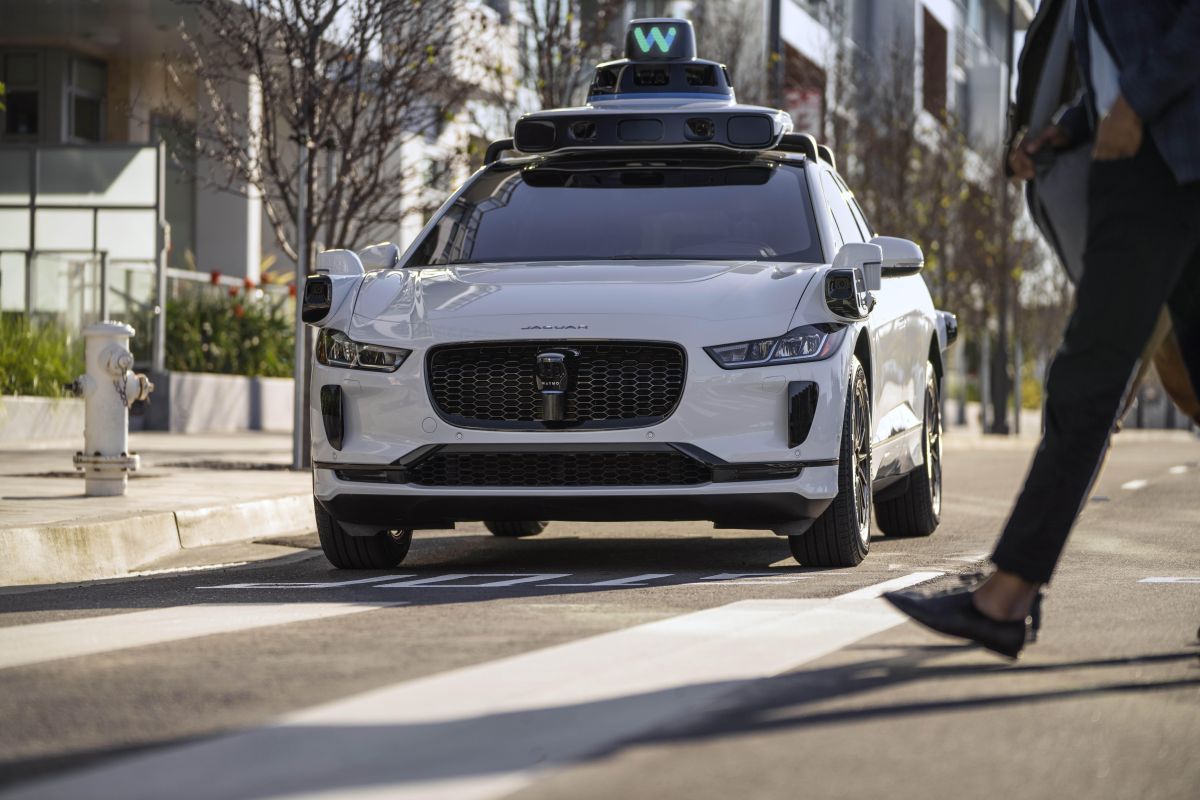The California Public Utilities Commission (CPUC) recently approved Waymo's autonomous vehicle (AV) "robotaxi" expansion into more parts of California beyond San Francisco, including the peninsula surrounding that city and Los Angeles.
CPUC approved the expansion in March, but its implementation was delayed by opposition from officials in San Mateo County, on the peninsula, and Los Angeles, which wanted local authority over whether or not to allow the robotaxis in their jurisdictions.
A lawsuit against CPUC, filed by San Francisco City officials over the original introduction of Waymo's robotaxis to the city, still has yet to be settled.
In addition, state Sen. Dave Cortese, D-15, is considering reintroducing a bill next year that would give local governments regulatory control over AVs. Cortese first introduced the bill earlier this year, but recently withdrew it because he said a state Assembly committee was prepared to amend the bill to strip the "essential element of local control," according to a press release from Cortese's office.
The CPUC's approval drew strong condemnation from the Teamsters Union, who argue the decision compromises public safety.
"The CPUC decision to approve the deployment of robotaxis through California leads our state down a dangerous and irresponsible path as this technology continues to fail," stated Peter Finn, Teamsters Western Region international vice president and president of Teamsters Joint Council 7.
Finn referenced a recent incident where Waymo had to recall nearly 700 driverless cars following a collision in Arizona. Despite this, the CPUC chose to support Waymo's expansion, prioritizing the interests of Big Tech over the safety concerns raised by California residents and public safety experts, Finn said.
"Public safety decisions should not be made by regulatory bodies that cater to executives of billion-dollar tech corporations," said Chris Griswold, Teamsters international vice president at-large and president of Teamsters Joint Council 42. "The Teamsters have been advocating for common sense AV regulation to protect public safety. As state regulators carelessly approve the expansion of AVs in other parts of California, it becomes even more critical for state lawmakers and elected officials to start listening to the public and to workers."
In October, the California Department of Motor Vehicles announced the immediate suspension of the testing permit for GM's self-driving subsidiary, Cruise, due to an “unreasonable risk to public safety," after one of its robotaxis was involved in a serious incident in San Francisco that injured a pedestrian. Cruise voluntarily halted testing in other U.S. cities after the suspension, but recently resumed testing in Phoenix.











